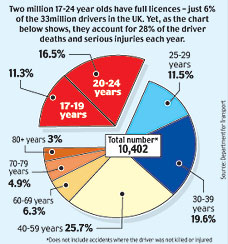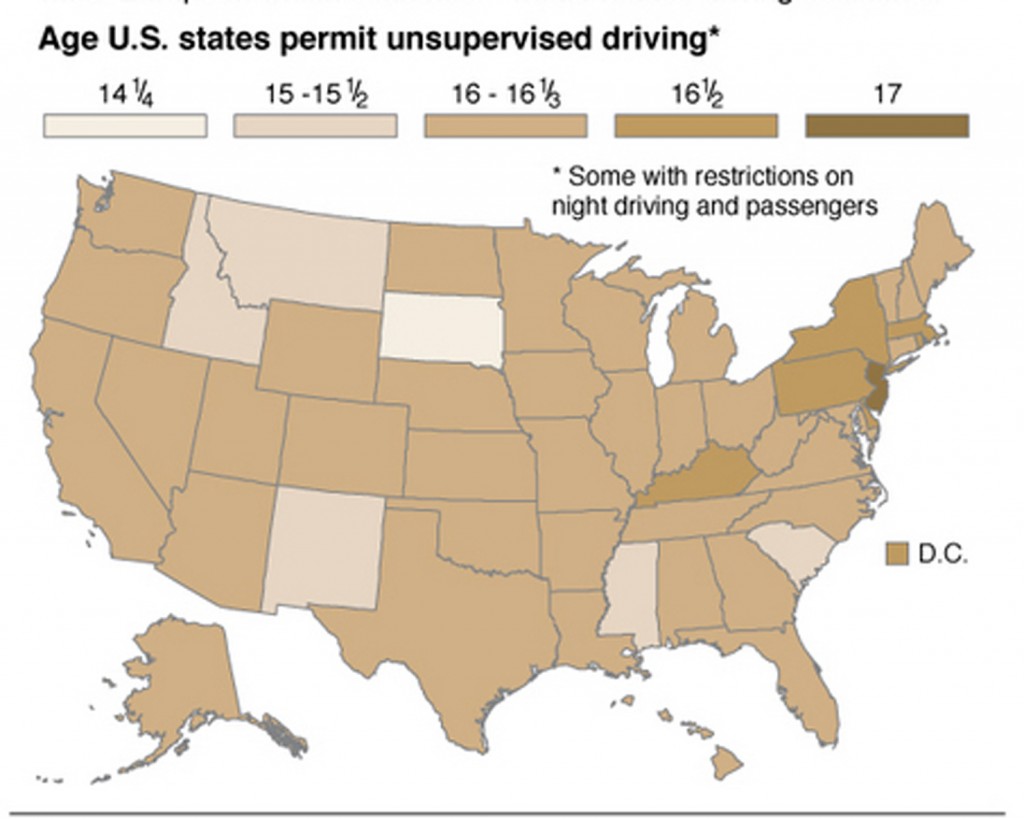The debate over the appropriate driving age has been a contentious issue for many years. On one side, there are those who argue that the driving age should be raised in order to increase safety on the roads and reduce the number of accidents caused by inexperienced drivers. On the other side, there are those who argue that the driving age should be lowered in order to give young people more independence and freedom, and to allow them to participate more fully in their communities.
There are several arguments in favor of raising the driving age. First and foremost, raising the driving age would likely reduce the number of accidents caused by inexperienced drivers. According to data from the National Highway Traffic Safety Administration (NHTSA), young drivers between the ages of 16 and 20 have the highest crash rates of any age group. This is largely due to their lack of experience behind the wheel and their tendency to engage in risky behaviors such as speeding, texting while driving, and driving under the influence of alcohol or drugs. By raising the driving age, more young people would have the opportunity to gain more experience and mature before they begin driving, which could lead to fewer accidents on the roads.
In addition to increasing safety, raising the driving age could also have other benefits. For example, it could reduce the number of young people who drop out of school in order to work and support themselves. Many young people rely on their ability to drive in order to get to and from work, school, and other activities. By raising the driving age, more young people would be forced to rely on other forms of transportation, which could help to keep them in school longer and improve their overall education and job prospects.
However, there are also compelling arguments in favor of lowering the driving age. One of the main arguments is that lowering the driving age would give young people more independence and freedom. For many young people, being able to drive is an important milestone that allows them to participate more fully in their communities and to take on more responsibilities. Lowering the driving age would allow more young people to experience these benefits at an earlier age, which could help to increase their self-esteem and sense of accomplishment.
Another argument in favor of lowering the driving age is that it could improve economic opportunities for young people. Many jobs, particularly in rural areas, require the ability to drive in order to get to and from work. By lowering the driving age, more young people would be able to take advantage of these job opportunities, which could help to reduce unemployment and improve the overall economy.
Ultimately, the decision of whether to raise or lower the driving age is a complex one, and there are valid arguments on both sides. While raising the driving age could increase safety and improve education and job prospects for young people, lowering the driving age could give young people more independence and economic opportunities. Ultimately, the best approach may be to adopt a balanced approach that takes into account the needs and interests of both young people and society as a whole.







